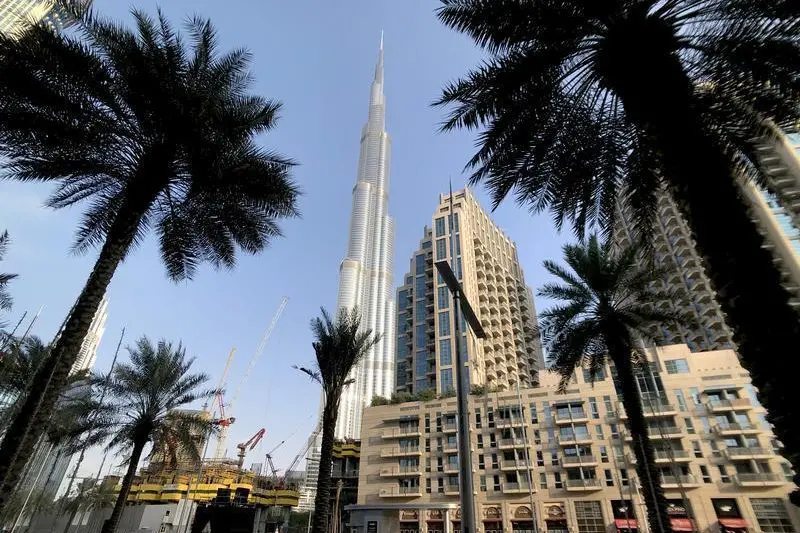PHOTO
Conditions in the UAE’s non-oil private sector have remained subdued, as businesses struggle to keep sales up and stimulate demand amid stiff competition, according to new data.
The latest IHS Markit UAE Purchasing Managers’ Index (PMI) released on Monday showed that the non-oil private sector ended 2019 on a downbeat note, with output growth the weakest in over eight years and new work rising only marginally after November’s downturn.
However, entrepreneurs and analysts are still optimistic about the year ahead, citing that the upcoming World Expo 2020 in Dubai, which is expected to attract tourists and stimulate hiring activity, will prop up the domestic economy.
The PMI for December dropped to 50.2 compared to 50.3 in November signaling that the rate of improvement in business conditions was only fractional.
According to IHS Markit’s report, business owners had to offer some price cuts or discounts to retain customers amid stepped-up competition.
Despite that, UAE businesses reported a weaker increase in activity during December, marking the third successive month in which the rate of expansion softened. The latest upturn was also the slowest in more than eight years.
“The UAE non-oil economy ended the year on a very different note to where it started. While the first half of 2019 saw demand levels soar in response to price discounting, the second half was much more subdued, with sales struggling to rise despite further price cuts,” said David Owen, an economist at IHS Markit.
“Nevertheless, businesses expect 2020 to be a more upbeat year, amid forecasts of greater tourism and investment in the economy. This may be able to lift hiring activity, which has remained subdued throughout the past year or so,” Owen added.
The PMI is a composite indicator designed to give an accurate overview of operating conditions in the non-oil private sector economy.
Analysts, however, are positive that things will improve over the next few months, as Dubai will be hosting the six-month World Expo 2020 starting October.
Raghu Mandagolathur, senior vice president for research at Kuwait Financial Centre, noted that the UAE economy, in general, is already recovering. “Growth momentum is likely to pick up next year, aided mainly by the World Expo 2020 mega event, along with the prevailing fiscal stimulus,” Mandagolathur told Zawya.
“The ambitious Vision 2021, combined with the World Expo’s potential for international reach and connectivity, would be the major short-term factors driving economic growth. Moreover, the efforts we see towards economic diversification and technological innovation would help shape upcoming opportunities in the medium to long term,” Mandagolathur added.
The UAE Ministry of Economy had earlier predicted that the county would post a 2 percent economic growth in 2019, better than in previous years, driven by the increase in output and export capacity in the oil sector.
While Expo 2020 is expected to be a major milestone, the UAE government is also looking forward to moving into a new phase and roll out several initiatives and investments. It had recently unveiled its ‘2020: Towards the next 50’ plan, which is intended to prepare the country for the next 50 years and oversee the Golden Jubilee celebrations.
(Writing by Cleofe Maceda; editing by Anoop Menon)
Disclaimer: This article is provided for informational purposes only. The content does not provide tax, legal or investment advice or opinion regarding the suitability, value or profitability of any particular security, portfolio or investment strategy. Read our full disclaimer policy here.
© ZAWYA 2020




















